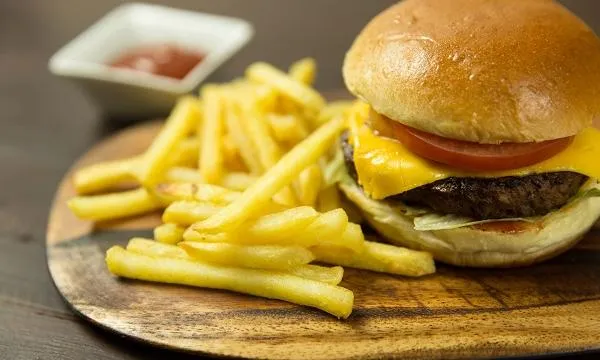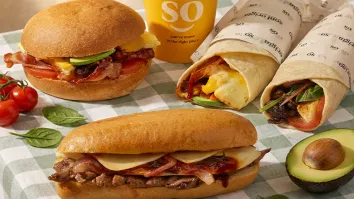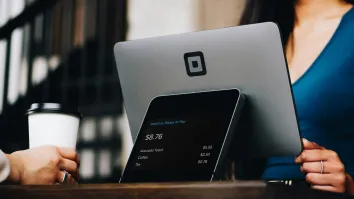
“Nothing will return to normal”: a post-pandemic industry, as imagined by restaurant leaders
Delivery, social distancing and higher hygiene standards are expected to persist.
Having an online presence was considered essential for retail brands during the ‘90s in order to thrive. Now, QSR brands are expected to have their own delivery methods.
This is one of many realities of a post-pandemic QSR industry, according to Roll’d CEO Bao Hoang.
“Australia has fared much better than other countries. However, by no means are we immune to further challenges if we are not careful. As a business, Roll’d is no different to most other businesses as we have been severely impacted by the pandemic,” he said in an exclusive interview with QSR Media.
The Vietnamese chain adapted by launching its own delivery services, either via a typical rider or a food truck.
“I have no doubt that technology and convenience are the keys to the future. Nothing will return to normal post-pandemic. The way people work, the way people consume food, gather in groups and go to shopping centres will all change. Life has changed. People will be more used to ordering food and getting it delivered to them and we will all want to eat more often with our families,” he said.
They will also be launching Roll’d Boxes, which feature four deconstructed bowls of pho delivered to customers whilst being given online instructions on how to prepare it in their kitchens.
“The future of our world has changed and it has made me consider what our world will look like in five years’ time. For those willing and wanting to innovate, this is the time to change,” Hoang said.
For The Cheesecake Shop managing director Ken Rosebery, the pandemic was a catalyst for “rapid change”, accelerating some trends already evident before the crisis, such as online sales and delivery.
“It's certainly been an energising time for our franchisor team to respond to the challenges,” he said. “The pendulum will swing in favour of commercial tenants for a while and we will naturally take advantage of this to ensure occupancy costs for our franchisees are kept in check.”
He also believes that work from home will persist, leading to “some revitalisation” of the local shopping precincts and suburban high streets, which would benefit their business.
“Internally and similar to many businesses, we have embraced work from home and Zoom. This will in our view remain a feature beyond this crisis with at least some days being work from home each week for many staff and with agreed in-office ‘get together’ days. Video conferencing has worked very well with our franchisees and we will in future reduce the face-to-face meetings in favour of more focused but more frequent Zoom conferences,” he said.
The chain has also centralised many other aspects of franchisee support by using cloud computing and video/phone contact, including training, quality assurance compliance, customer experience monitoring, and financial management and reporting for franchisees to ensure that their field team “don’t get too involved” in these areas.
“We also look forward to a time when people have an enhanced sense of appreciation for celebrations and social gatherings,” he said.
A higher standard of hygiene, extended period of social distancing
In terms of customer behavior, Seagrass Boutique Hospitality Group chief marketing officer David Ovens believes that hygiene will operate at a “significantly higher standard”, with guests being expectant of this.
“We're assuming that the social distancing and density of people in restaurants will continue to be restricted for an extended period,” he said.
“From a commercial perspective, this is the most challenging situation the industry has ever experienced and there is no previous experience to refer to. So whether we're talking about owners, operators, suppliers, landlords, employees or guests there will be changes and adjustments. We're focused on protecting and strengthening the business and caring for our employees. That is what we can do today,” he added.
Piccolo Me operations manager Kevin Dorsey agrees, arguing that cafes will be more focused on hygiene and sanitation. On their end, they have reinforced and strengthened hygiene practices, increasing cleaning and sanitation of all surface areas in store including countertops, EFTPOS machines, door and fridge handles, as well as increasing handwashing by staff and personal hygiene.
“The industry will look at ways to extend their influence beyond their lease lines, into customers' homes / workplaces,” he said, adding that delivery apps and mobile ordering platforms will become a significant income stream for businesses.
“I think some form of social distancing will be permanent once everything settles,” he added.

























